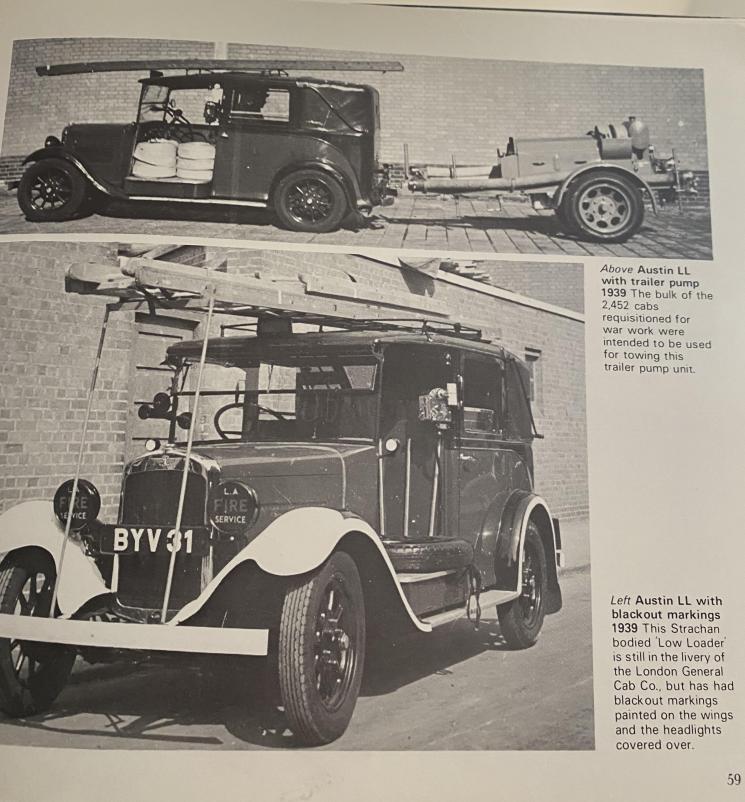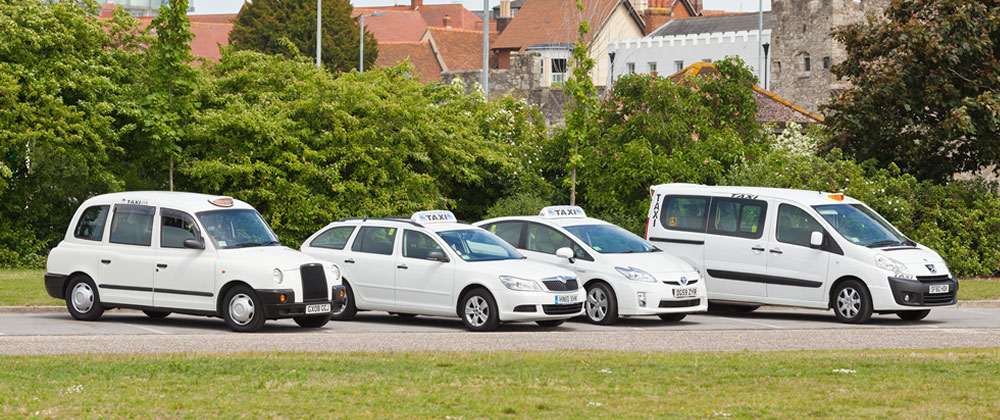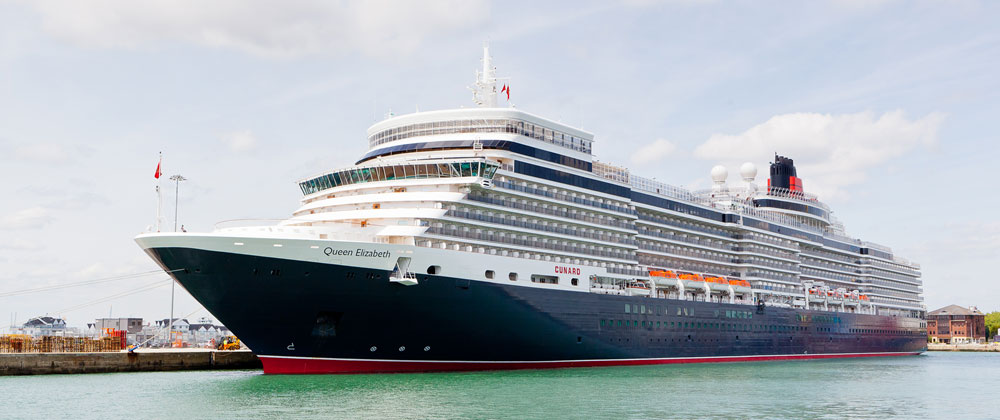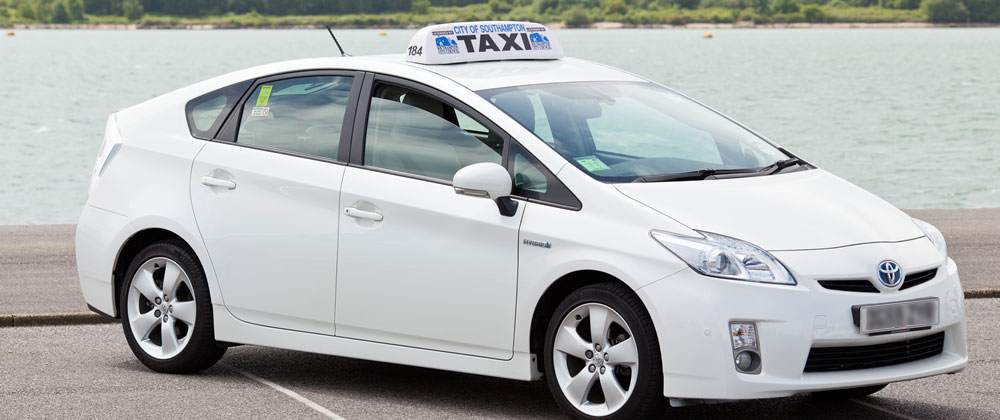Life of a London Cabbie in the Second World as a Firefighter
On the 1st September 1939 Germany invaded Poland which led Britain and France to declare war on Germany. Not that I was around in those days but on the 31st August 1939 my parents got married. After a spell of rapid army training in Catterick, North Yorkshire my father went overseas luckily returning at the end of the war.
There was no internet, mobiles or any of the communications we take for granted in the age we live in today. So as concerning the spread of Covid-19 pandemic is to life we hope it will not last for a length of time.
The National Service (Armed Force) Act which was passed by Parliament on the 3rd September 1939 imposed conscription on all males aged between 18 and 41 who had to register for service. Men who were medically unfit were exempt, same as those in key industries and jobs, such as baking, farming, medicine and engineering. Women between the ages of 20 and 30 years were also liable to be called up, when in 1941 Parliament passed a second National Service Act which included unmarried women and childless widows.
If you were a London cabbie in the Second World War, you could join the Auxiliary Fire Service (AFS) and your cab would be converted into a fire fighting unit. These cabs were manned by a team of firemen and the driver being an experienced cabbie, on many occasions was at the scene of the fire before the larger engines arrived, simply because the driver knew all the shortcuts!
The cabs were fitted with ladders on the roof, buckets of sand for smothering incendiary bombs and small pumps to suck water from pails. Hoses were stored to the left of the driver, usually where customers' suitcases were situated. The most important piece of equipment was the large water pump trailer, attached to the back of the cab which had all the fittings and fire fighting equipment that could be set up anywhere.
Cabbies received £1 17 shillings and 6 pennies per week for the cab and £3 a week for their services as drivers.

Photo's courtesy of Philip Warren and Malcolm Linskey from the book of Photographic History of Taxicabs.
Today's pandemic is a public health crisis, which will most probably cause a recession that could become a financial crisis. We are unlikely to face World War II casualty rates but we fully understand the unprecedented times we are living in. It is of concern that taxi and private hire drivers who mainly live from hand-to-mouth have been told by the government to claim benefits which can take five weeks to come through (changes are being made to help self-employed persons) Whilst we stay at home to self isolate, or do not go out because there is very little work, it should also be noted that restrictions on the availability of taxis and private hire vehicles may have a negative impact on passengers safety by increasing the use of unlicensed, unvetted and uninsured drivers and vehicles.
I cannot speak for the rest of the country but Southampton as a city as I write this article towards the end of March 2020 is a ghost town. Southampton airport is virtually closed, cruise ships are tied up in the docks with a skeleton crew on board and railways are cutting back on trains, it is a dismal time.
It has been welcoming to see the Chancellor Rishi Sunak meeting with the unions saying the government will do whatever it takes to get us through this. This should be a bail-out in the form of a grant and not a loan.
Let us hope that this happens sooner than later.
Ian Hall from Southampton.






